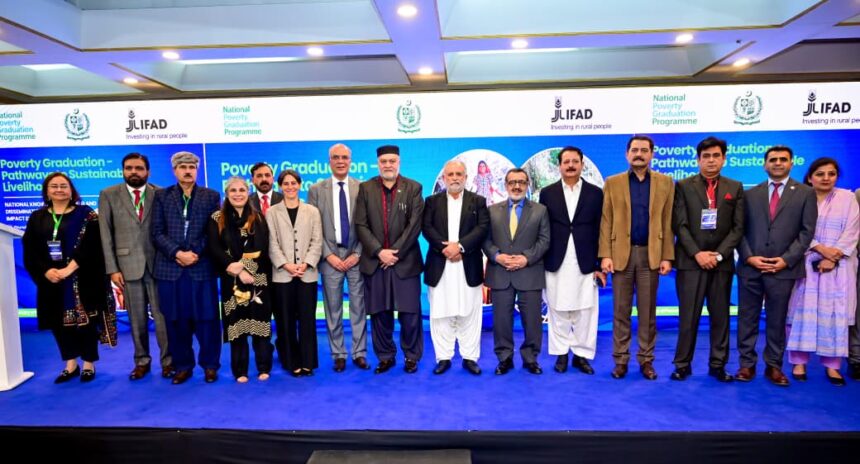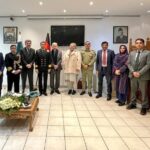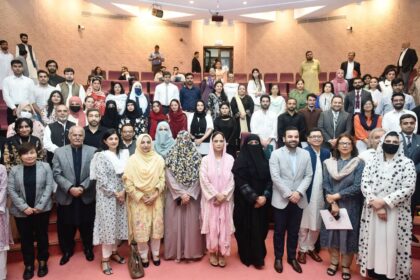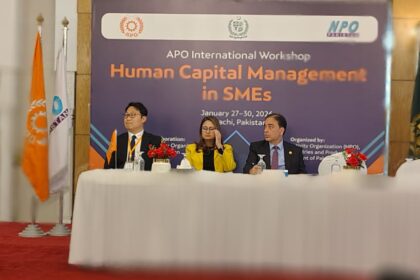Syed Imran Ahmad Shah, Minister of Poverty Alleviation and Social Safety, praised the National Poverty Graduation Programme (NPGP) for lifting 370,567 households out of poverty in Pakistan’s poorest districts during a high-level seminar in Islamabad. The Minister said the NPGP demonstrates how well-designed public programmes can produce durable results and confirmed the government’s commitment to expanding the model nationwide through a new Islamic Development Bank-supported initiative for extremely poor and flood-affected households.
The programme was implemented from 2017 to 2025 with a total investment of $132.6 million in partnership with the International Fund for Agricultural Development (IFAD). Across 21 districts, beneficiaries received a package of support including productive assets, interest-free loans and skills training. The NPGP specifically targeted Benazir Income Support Programme families, delivering productive assets and training to 165,807 households and disbursing 304,324 interest-free loans to 204,760 households.
Independent assessments of the NPGP showed substantial impacts: 56% of beneficiaries no longer meet BISP eligibility criteria, 80% of supported households have been lifted out of extreme poverty, and the programme contributed to the creation of 179,159 jobs. The assessment also recorded a 48% increase in measures of women’s empowerment among participants, highlighting the role of women-centred, community-driven approaches in achieving sustainable poverty graduation.
Secretary of MoPASS, Navid Ahmed Shaikh, said the NPGP proves that sustainable graduation is achievable when interventions connect skills, finance and markets and place women at the centre of community efforts. IFAD Country Director Fernanda Thomaz Da Rocha reaffirmed IFAD’s partnership, noting the programme’s success in linking social protection with livelihoods at scale and in lifting communities out of poverty.
Building on these results, federal authorities plan to scale the NPGP model nationwide through the new Poverty Graduation for Extremely Poor and Flood-Affected Households programme supported by the Islamic Development Bank. The government aims to replicate the integrated approach that combined productive assets, training and interest-free finance to deliver measurable improvements in income, employment and resilience among the most vulnerable families.











